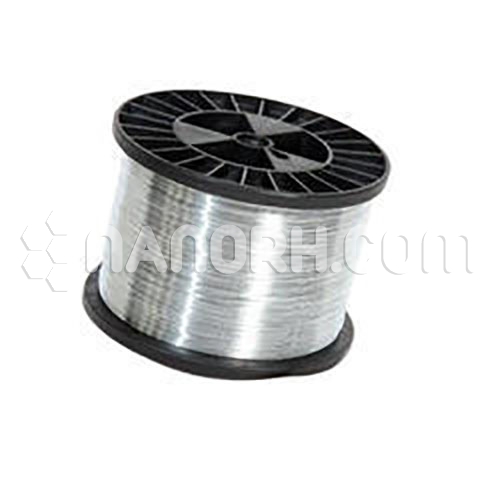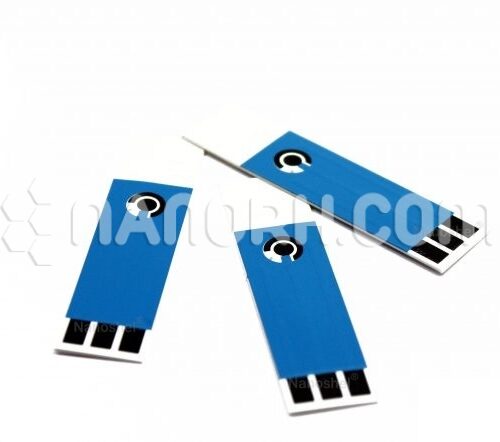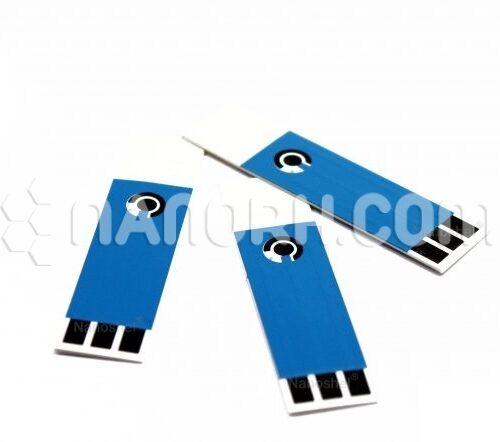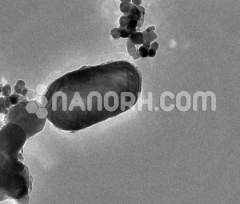| Zinc Wire | |
| Product No | NRE-60018 |
| CAS | 7440-66-6 |
| Molecular Weight | 65.39 g/mol |
| Molecular Formula | Zn |
| Diameter | 2 mm(Can be customized) |
| Density | 7.133 g/mL |
| Purity | 99.9% |
| Resistivity | 5.8 μΩ-cm, 20°C |
| Melting Point | 420 °C |
| Boiling Point | 907 °C |
Zinc Wire
Zinc wire is used in various industrial applications due to its corrosion resistance, galvanizing properties, and ability to form protective coatings. Here are some of the key applications of zinc wire:
Galvanization:
Hot-Dip Galvanizing: Zinc wire is used in the process of hot-dip galvanizing, where it is melted and applied to steel or iron to create a protective coating. This coating helps prevent rust and corrosion, extending the life of the metal products.
Thermal Spray Coating: Zinc wire is used in thermal spray coating processes (also known as metallizing) where it is melted and sprayed onto surfaces to protect against corrosion. This method is often used on large structures like bridges, pipelines, and marine equipment.
Cathodic Protection:
Sacrificial Anodes: Zinc wire is used to create sacrificial anodes in cathodic protection systems. These anodes protect steel structures, such as ships’ hulls, underground pipelines, and storage tanks, by corroding in place of the protected metal.
Zinc Ribbon Anodes:
formed into ribbon anodes for use in protecting underground or submerged structures from corrosion, particularly in soil or water environments..
Zinc-Carbon Batteries: zinc-carbon batteries as the anode material. The wire’s high reactivity and electrochemical properties make it ideal for generating the necessary electric current in these batteries.
Zinc-Air Batteries: In zinc-air batteries, which are commonly used in hearing aids and other small electronic devices, serves as the anode material.
Electrical Components:
Fuses: sometimes used in electrical fuses, where its properties allow it to melt quickly in response to excessive current, breaking the circuit and preventing damage.
Conductive Coatings: create conductive coatings on various electronic components, providing both conductivity and corrosion protection.
Automotive Industry:
Corrosion Protection: coat automotive parts, such as bolts, fasteners, and body panels, to protect them from rust and corrosion. Zinc coatings are especially important in areas exposed to moisture and road salt.
Zinc Die Casting: the zinc die-casting process to create precision automotive components. These components benefit from zinc’s strength, durability, and resistance to corrosion.




